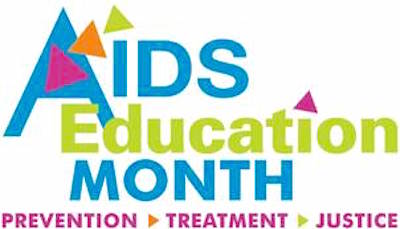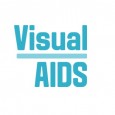
What is AIDS Education Month?
Since 1994, Philadelphia FIGHT has hosted AIDS Education Month (AEM) throughout the month of June, a series of free events throughout Philadelphia to increase awareness of AIDS and to bring people together to find strategies to combat the virus. Our goal is to end the AIDS epidemic within the lifetime of those currently living with HIV. Over 10,000 individuals are directly reached by AEM every June.
Who is the Audience?
This summit brings together the communities that are affected by the parallel crises of HIV and mass imprisonment, including former prisoners, their family and loved ones, service providers, health care providers, prison staff, parole and probation officers, legal service providers, faith based organizations, community members, activists and advocates.
Workshop Submission Guidelines
All submissions are due by midnight on Monday, March 2. Submissions received after this date will not be considered.
All submissions must be received electronically through the AEM website.
Only completed submissions submitted through the website will be considered.
All presenters must be contacted and fully committed to being part of the Summit by the date of submission; all submissions must have all presenter information completed.
The Planning Committee will vote on submissions on Thursday, March 19.
Prison Health Care and Reentry Summit Workshop Tracks
Presenters may submit workshops for any of the following tracks. Some presentations may be relevant to more than one track. Submissions should indicate the primary track that the presentation falls under and then any secondary tracks. You may submit a workshop that does not fit into any of these categories, but you must explain its relevance to the Summit.
Accessing Services for Reentry: Highlights innovative services that are available to support individuals coming home from prison and jail, explores barriers to and facilitators of successful reentry, identifies major service gaps for corrections and community based services and/or provides strategies for addressing reentry needs.
Activism and Community Empowerment: Emphasizes local campaigns, led by former prisoners, which are working to improve conditions inside the prison walls and in the neighborhoods to which individuals are returning home. This track also explores the structural drivers of mass imprisonment.
Families: Focuses on the impact of incarceration on families, children with incarcerated parents, pregnancy and reproductive health in correctional settings and reentry supports that facilitate family reunification.
Legal Issues: Explores the range of ongoing legal issues faced by people returning to their communities after imprisonment, including the impact of a criminal record on employment, housing and public benefits, obtaining pardons and expungements and issues of immigration and deportation.
LGBTQ Issues: Lesbian, gay, bisexual, transgender, gender-non-conforming, and queer individuals face increased abuse when behind bars, and are often met with inadequate services to support their transition back into the community. This track will look at local efforts to meet the needs of trans and gender-non-conforming inmates, as well as national efforts to meet the needs of LGBTQ individuals behind bars and in their transition home.
Prison Health: From Corrections to the Community: Include mental health, addiction and recovery, HIV, HCV, terminal illness, the impact of imprisonment on health and aging, and more. Emphasis on population specific health needs are encouraged, as well as focuses on promoting health both inside and outside of correctional facilities.
Research: Provides a forum for exploring emerging research and best practices in the criminal justice field, including work being done preventatively in the community, during the period of incarceration and throughout the reentry process.
Spiritually Based Prison Work: Explores diverse faith approaches to prison work - including multiple faith perspectives on working in prisons and jails. This track will also explore the role of the faith community in jail diversion and reentry programming and support.
Voices from the Inside: This workshop track is a space for workshops designed and created by currently incarcerated individuals and that explicitly bring the voices and perspectives of currently incarcerated people into the room. Examples from the past include multimedia presentations involving audio recordings of current prisoners, plays written by current prisoners, and interactive discussions designed by current prisoners in conjunction with their loved ones on the outside.
Youth: Looks at youth enmeshed in the criminal justice system, both in juvenile detention centers and being certified and tried as adults. It also explores youth empowerment programs, alternatives to incarceration, and systemic drivers increasing the numbers of young people behind bars.
Advertisement
Advertisement
Advertisement







Comments
Comments